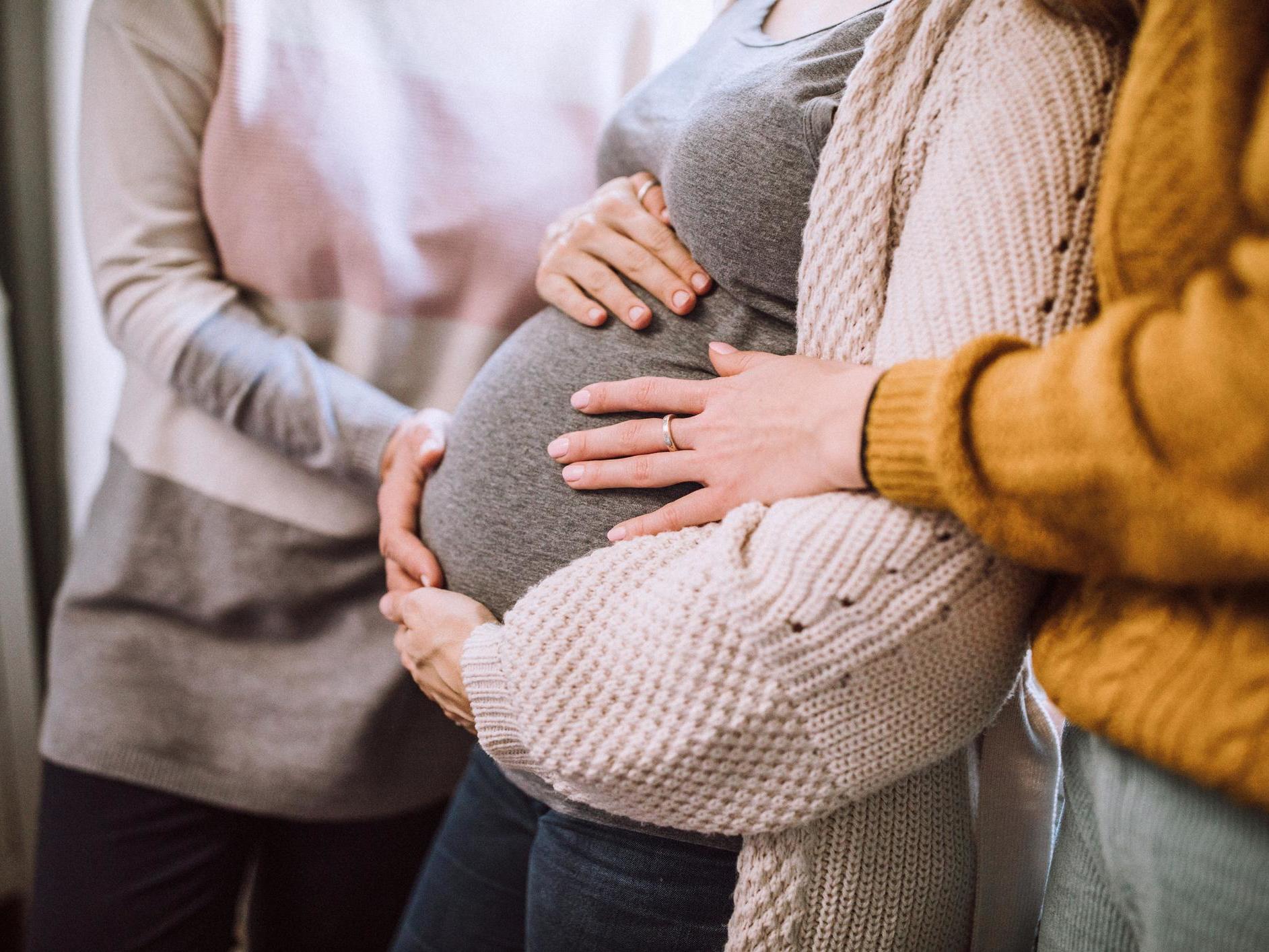Baby’s brain development affected by mother’s stress levels during pregnancy, study suggests
‘No one is asking these women about stress and hence they don't receive any support'

Your support helps us to tell the story
From reproductive rights to climate change to Big Tech, The Independent is on the ground when the story is developing. Whether it's investigating the financials of Elon Musk's pro-Trump PAC or producing our latest documentary, 'The A Word', which shines a light on the American women fighting for reproductive rights, we know how important it is to parse out the facts from the messaging.
At such a critical moment in US history, we need reporters on the ground. Your donation allows us to keep sending journalists to speak to both sides of the story.
The Independent is trusted by Americans across the entire political spectrum. And unlike many other quality news outlets, we choose not to lock Americans out of our reporting and analysis with paywalls. We believe quality journalism should be available to everyone, paid for by those who can afford it.
Your support makes all the difference.The development of a baby’s brain could be adversely affected by a mother’s stress levels during pregnancy, according to a new study from King's College London.
According to a new study published in the journal Biological Psychiatry, babies whose mothers experienced more stress prior to birth could be born with an impaired part of the brain that has previously been linked to psychiatric disorders.
The affected area of the brain is called the uncinate fasciculus, which is a white matter tract that connects parts of the limbic system, which is responsible for long-term memory and emotion, to the orbitofrontal cortex, a part of the brain linked to decision-making.
For this study, researchers examined the effect that maternal stress had on the brain development of 251 premature babies.
The mothers’ stress levels were measured via a questionnaire in which they were asked about stressful events on all scales, from moving house and taking an exam to losing a relative and going through a divorce, and how these events impacted them.
Participants were then given a “severity of stress” score based on how many stressors they experienced and how acute their impact was.
The researchers concluded that the findings show more work is needed to support the mental wellbeing of expectant mothers.
Lead author Alexandra Lautarescu, a doctoral researcher from King's College London, said: “We found that in the mums that were more stressed during pregnancy and the period before birth, white matter was altered in the babies.”
Lautarescu added that while pregnant women are often asked by their GPs to state whether or not they’ve experienced depression or anxiety, they are rarely asked about general stress levels.
“It is not diagnosed as often as it should be during pregnancy and we are trying to emphasise that maternal mental health during pregnancy can impact the baby’s brain development which may impact on their outcomes later in life,” the researcher continued.
“No one is asking these women about stress and hence they don’t receive any support. Antenatal services need to be aware that it is important to think about the stress of the mums and we need to have some kind of support there for the mums who identify that they are stressed.”
It's not the first time stress during pregnancy has been linked to affecting the child. In September, a study found that teenagers were twice as likely to be hyperactive if their mothers were anxious while they were pregnant.
You can read more about managing symptoms of stress here on the Stress Management Society website.
Join our commenting forum
Join thought-provoking conversations, follow other Independent readers and see their replies
Comments